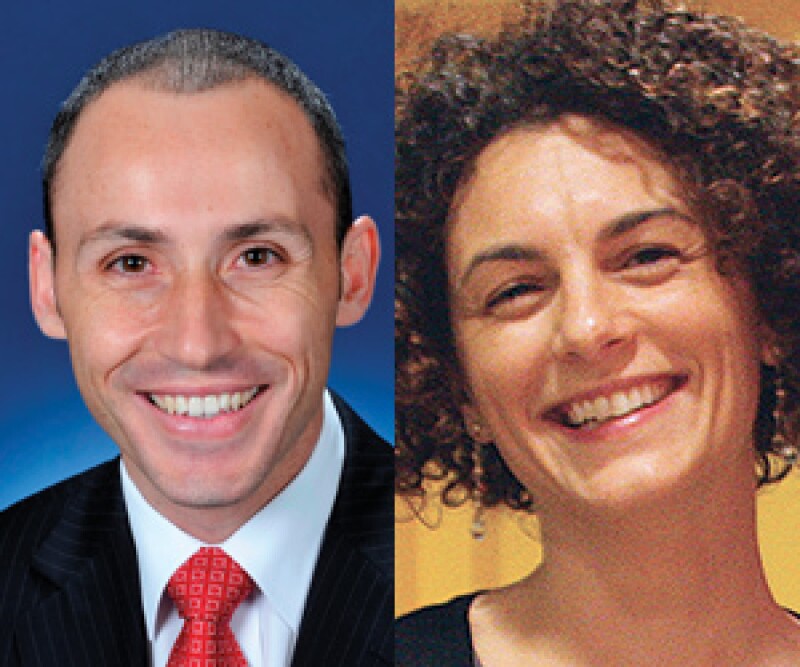
|
David Bradbury and Giorgia Maffini |
David Bradbury and Giorgia Maffini have been at the
The rise of new, internet-based business models has created challenges for tax policy. Tech companies like Google, Amazon
According to one theory, the adverts on a social media platform only have value if they have an audience and a captive audience can be incredibly valuable. The algorithms only work to target users who have already entered their data. This theory is the subject of intense debate.
As Adam Cohen, head of economic policy for EMEA at Google, told the European Parliament in late November: "There continues to be a debate about where corporate income tax should be apportioned differently, including whether tax payments should shift from countries where
"Hopefully, any changes will be based on broad international consensus," he added.
Highly
"The real point of difference in the debate seems to rest around data and user contribution and on that
"If it's not completely new, then it's certainly happening with a greater degree of intensity than we've seen in traditional business models in the economy," he said.
"This is something that is not new at all… but we think it's the scale of reliance on intangible assets that
Resolving the dilemma of digital tax may come down to how to apply old concepts like nexus and profit allocation when the global economy has completely changed from when the foundations of international tax were first laid down.
"These are the rules that determine whether or not a jurisdiction has a taxing right in respect of non-resident enterprises," Bradbury said.
Tech companies are concerned about the lack of international coordination and the possibility of multiple countries waging competing claims to tax the same income.
"We have a system that allocates the majority of taxing rights to where products are created, rather than where they're consumed," Cohen said. "It's perfectly legitimate to shift that shift, but it has to be done in concert with global governments… [or] there will be conflict in the international tax system."
One possibility is that if the users are the source of value to an online platform, then the state should levy the tax on the number of users. The OECD has been careful not to take a strong position on this question, given the lack of a consensus on the issue.
This has left behind the space for others to make their own plans and the threat of unilateral action remains very real. The European Commission (EC) has taken the bold step of drawing up its own plan for taxing the digital economy.
Tax policymakers have to keep up with the pace of innovation, or they have to find reliable, long-term solutions. But this might not be the only choice to make.
Michael Lennard, the UN's chief of international tax cooperation, pointed out that the aim of perfect agreement around the world might not even serve the best aims of tax reformers.
"I doubt you'll get a complete consensus on the long-term issues, but a consensus might not even be the right result if it means one set of rules for a range of different countries," Lennard said.
"If we need different rules for different countries to achieve the right outcomes, that might be for the best," he stressed.
If this is right, the world may be about to see greater fragmentation as different countries and regions pursue their own way of addressing the problem of digital tax. So the race between the OECD and the EU may just be the starting shot of a much longer track.
Update: Giorgia Maffini left the OECD in June 2018 and joined PwC in August.









